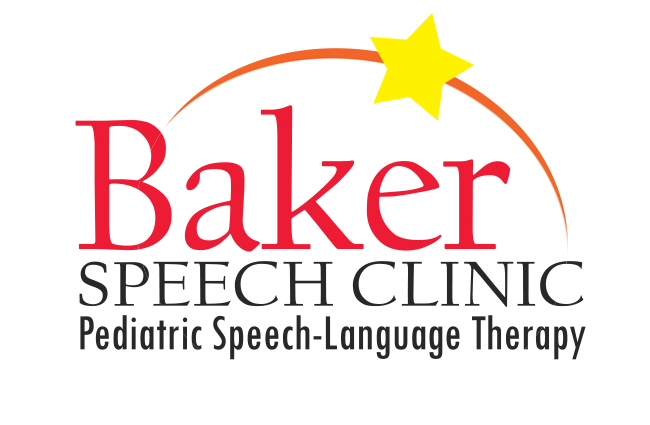Preschool children, ages 3 to 5 years old, may have problems following directions or understanding questions. They may have trouble learning new words or saying sentences. Or, sometimes, they could have difficulty with both. These delays are known as language disorders.

Receptive Language Disorder
A receptive language disorder is present when a child has difficulty understanding what is spoken to her/him. Signs of a receptive language disorder or delay include:
- Understanding what people mean when they use gestures, like shrugging or nodding
- Following directions
- Answering questions
- Pointing to object and pictures
- Knowing how to take turns when talking with others
Expressive Language Disorder
An expressive language disorder is present when a child has difficulty talking. Signs of an expressive language disorder or delay include:
- Asking questions
- Naming objects
- Using gestures
- Putting words together into sentences
- Learning songs and rhymes
- Using correct pronouns, like “he” or “they”
- Knowing how to start a conversation or keep it going
- Changing how they talk to different people and in different places. For example, you speak differently to an adult than a young child. You can talk louder outside than inside.
Signs & Symptoms
These language disorders/delays can also lead to trouble learning how to read and write. For example, your child may have trouble:
- Holding a book right side up
- Looking at pictures in a book and turning pages
- Telling a story with a beginning, middle, and end
- Naming letters and numbers
- Learning the alphabet
Causes & Risk Factors
Causes of a preschool language disorder cannot always be determined. Some possible reasons are:
- Family history of speech/language disorders
- Premature birth
- Low birth weight
- Hearing loss
- Autism spectrum disorder
- Genetic disorders such as Down syndrome or Fragile X syndrome
- Fetal alcohol spectrum disorder
- Stroke
- Brain injury
- Cerebral palsy
- Poor nutrition
- Failure to thrive

How We Can Help
Baker Speech Clinic can help you assess and treat your child’s language delay or disorder so that your child reaches their full potential and improves their chances of success in Kindergarten.
Assessment
A qualified speech-language pathologist will assess your child’s language skills to determine if they are at the same level as their peers. A comprehensive evaluation will include formal and informal tests and questionnaires, as well as observations during your child’s play.
Some things the SLP will look for are:
- Does your child know what to do with toys?
- Does your child use pretend play?
- Does your child follow directions?
- Can they name common objects and actions?
- Do they know colors, numbers, and letter?
- Can they follow routines like putting on their coat away or sitting during circle time?
- Do they change how they talk to different people and in different places?
- Are they able to get what they need at home, during play, and at preschool?
Treatment
Having good speech and language skills help your child learn, behave, make friends, and feel better about himself or herself. Our SLPs will work with both you and your child to improve their understanding and talking. Our SLPs will also help your child become more ready to read and write.
Each child has unique needs and will have unique treatment goals. Some possible goals include:
- Increasing your child’s understanding of new words and concepts
- Improving how your child uses words and phrases to tell others what he/she needs or thinks
- Teaching you, your family, and others how to talk with your child and how to encourage new language learning
- Helping your child use other ways to communicate when needed, such as gestures, sign language, picture cards or high-tech devices.
- Learning early reading and writing skills

